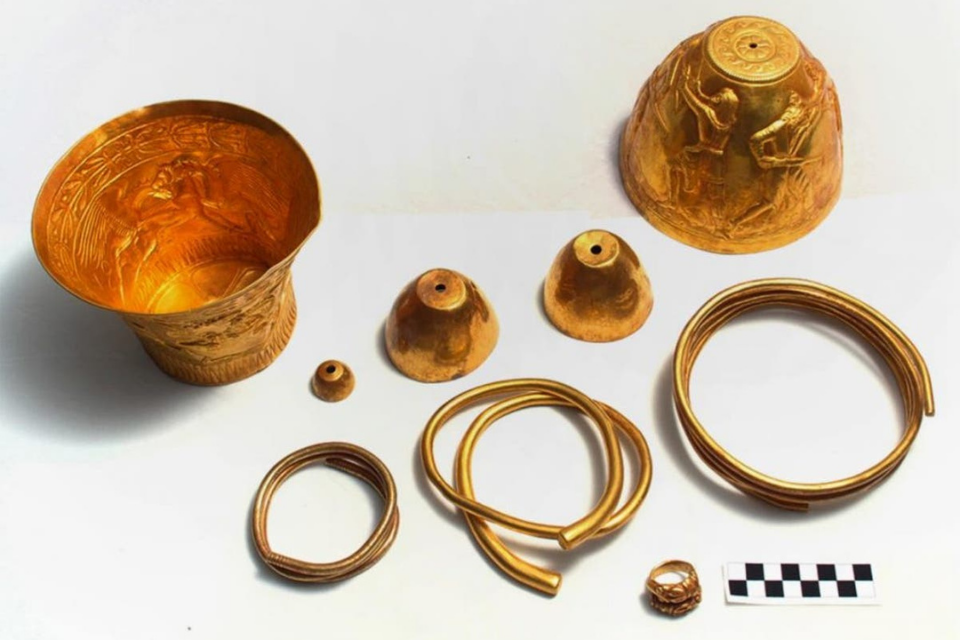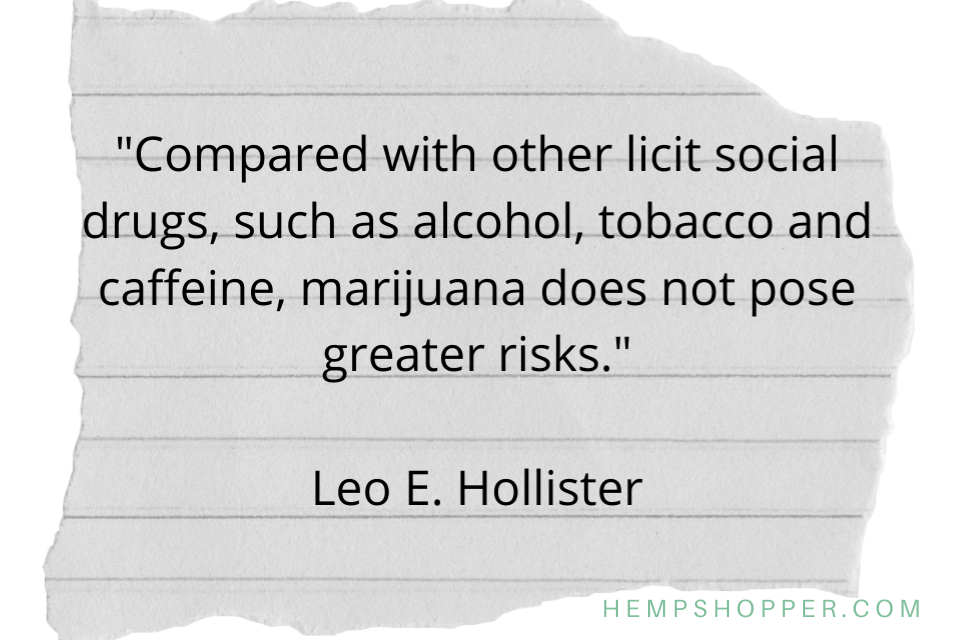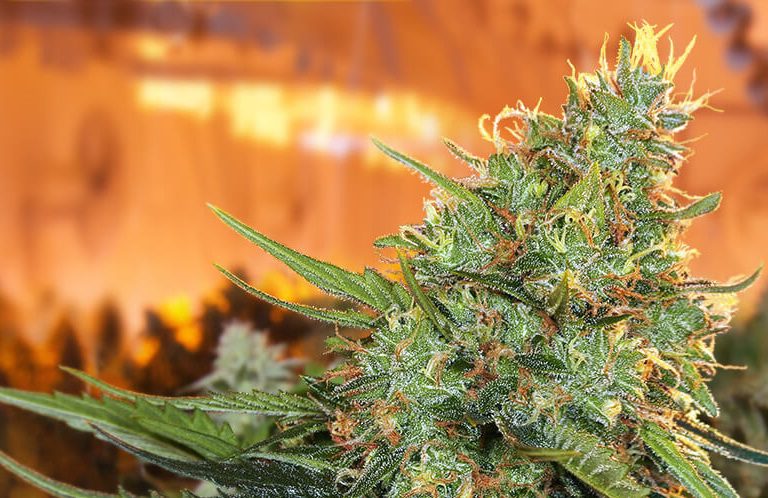HHC 101
HHC 101 – Hexahydrocannabinol (HHC) is a lesser-known cannabinoid that shares a structural similarity with THC (tetrahydrocannabinol). It was first isolated and identified in the 1940s, contributing to the early exploration of cannabis compounds. While HHC exhibits some psychoactive properties, its effects are considered milder compared to THC. Historical contexts surrounding HHC are less prominent than THC, as its discovery predates the widespread interest in cannabis during the mid-20th century. Despite its relative obscurity, ongoing research into cannabinoids like HHC adds layers to our comprehension of the cannabis plant, its diverse components, and their potential implications for both recreational and medicinal purposes.
HHC is sold in gummies, vape pens, or oil.
A cannabis plant contains many other substances. Some researchers believe that these substances interact with each other, known as the entourage effect. This is not the case with products containing HHC.
HHC will likely yield a positive result for THC in most drug tests, such as urine, saliva, or sweat tests. This is because HHC closely resembles THC. The substance HHC itself will not be detected in these tests (laboratory research is required for that), but the result will still be positive.
Due to the limited research, it is unclear how long HHC stays in the body. It may be as long as the detectability of cannabis, but this is not certain. HHC 101 will keep you up to date.


 Hempshopper Amsterdam
Hempshopper Amsterdam 





